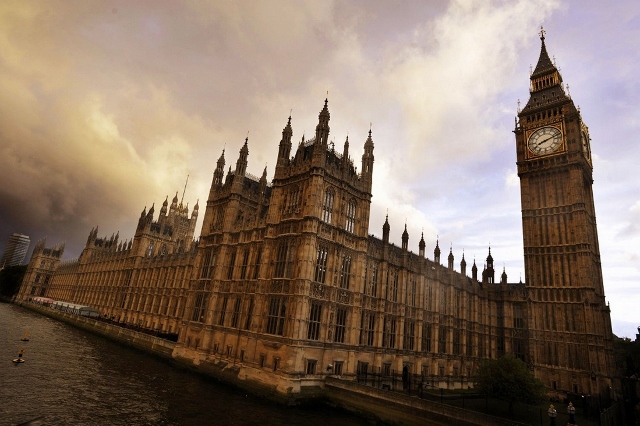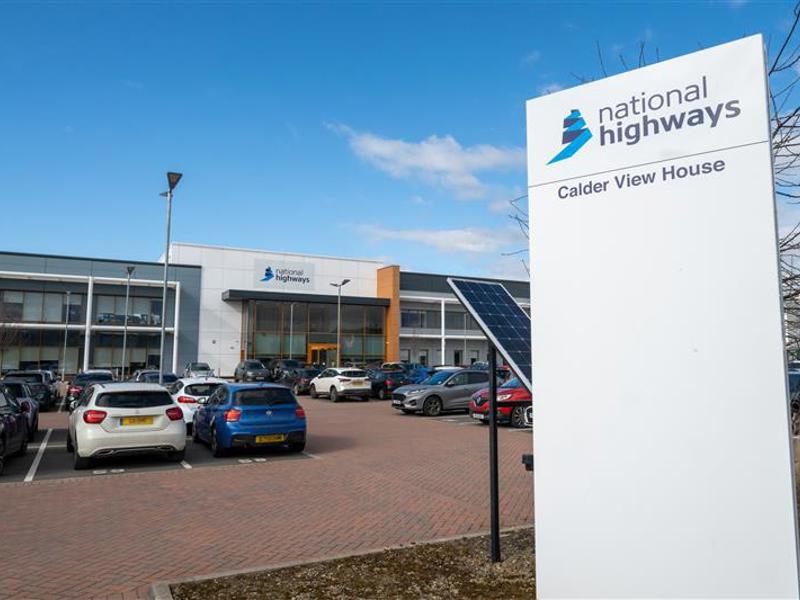The Government is failing to grasp the enormous challenge of decarbonising the UK’s housing stock, which accounts for 20% of our greenhouse gas emissions, the Environmental Audit Committee (EAC) has warned.
In its latest report, Energy Efficiency of Existing Homes, the Environmental Audit Committee states that the Government’s legally enshrined target to be net zero carbon by 2050 will hit a roadblock unless urgent action is taken to improve energy efficiency of homes this decade.
The Government appears to have underestimated the costs to decarbonise UK homes by 2050, at between £35 billion and £65 billion. However, this does not include properties such as those with solid walls, or those in conservation areas which could make energy efficiency installations more challenging. 19 million UK properties need energy efficiency upgrades to meet EPC band C, and the EAC heard in evidence that it can cost on average £18,000 (before a heat pump installation). Therefore, the cost is likely to be far greater than the Government’s estimate.

The EAC is concerned that the Government has announced just over £4 billion of the £9.2 billion committed to in the 2019 manifesto for energy efficiency measures. To stimulate activity, schemes such as the Home Upgrade Grants, Social Housing Decarbonisation Fund and phase two of the Green Homes Grant Local Authority Delivery Scheme should be front-loaded and rolled out without delay.
The lack of Government investment and signals to the energy efficiency sector is doing little to incentivise businesses to upskill engineers and installers. Poorly designed schemes which have been rolled-out are failing to make a big impact. The Green Homes Grant, although a welcome initiative, has been laden with lengthy bureaucracy, which bizarrely has led to reports of businesses laying off staff to cover loss of income rather than creating green jobs as heralded.
Environmental Audit Committee Chairman, Rt Hon Philip Dunne MP, said: “Making 19 million homes ready for net zero Britain by 2050 is an enormous challenge that the Government appears to have not yet grasped. In the next 29 years, the Government must improve energy efficiency upgrades and roll out low carbon heating measures: a material start must be made now.
“Government investment to improve energy efficiency has been woefully inadequate. The £9 billion that the Government pledged at the election was welcome, but 16 months on, there appears to be no plan nor meaningful delivery. Funding allocated for the Green Homes Grant has not been spent, with only £125 million worth of vouchers – of the £1.5 billion budget – issued.
“Further schemes that endure must be rolled out, boosting the Government’s credibility with householders and their contractors that it is determined to decarbonise the nation’s homes. This will give confidence to businesses that they can invest in upskilling and green jobs. Consumer advice must also make clear the necessity and benefits of retrofits: although installations may be disruptive for a short period, in the long run consumers can enjoy warmer homes with lower energy bills. This must be properly reflected in the system that assesses energy efficiency: EPCs are outdated and should be replaced with Building Renovation Passports, which set a clear pathway to decarbonise homes.
“Realism needs to be injected into the Government. A much better understanding of cost, pace, scale and feasibility of skills development is desperately needed for net zero Britain.”

Some of the recommendations include:
- The EPC methodology should be overhauled to support energy efficiency and low carbon heating measures by indicating in its headline rating its energy and carbon metrics.
- Government should support the rollout of Building Renovation Passports, developed with an approved, standardised methodology, with a view to the eventual replacement of EPCs.
- The Government should set out how energy efficiency improvements can be reached in homes currently out of scope in the Government’s "cost effective, practical and affordable" criteria.
- Schemes such as the Home Upgrade Grants, Social Housing Decarbonisation Fund and phase two of the Green Homes Grant Local Authority Delivery Scheme should all have their funding front-loaded and the schemes rolled out without delay.
- All allocated funding for the Green Homes Grant that has not been spent by the end of March 2021 should be rolled over.
- The social rented sector should be subject to the same standards as the private rented sector.
- Government should set out an ambitious but realistic trajectory for owner occupiers to achieve minimum EPC C standards in its Heat and
- Buildings Strategy. The Chancellor should reconsider proposals to reduce to 5% the rate of VAT on the labour element of refurbishment and renovations, and reinstate the reduced rate of VAT payable on Energy Saving Materials at 5% while expanding its scope to cover energy storage, heat pumps and electric vehicle charging. Up until 2019, certain clean technologies were eligible for a reduced rate of VAT of 5%.
- Government should work with the financial sector and major landlords, including local authorities and other social landlords, to stimulate renovation through green mortgages, green finance and low-cost loans.
- The Government should consider how the national infrastructure bank could be used as a vehicle to finance energy efficiency given the scale of success achieved in Germany through its state funded low interest loan scheme.
- The Government's basic energy advice service available in England should be upgraded to a specialist bespoke advice service similar to the Home Energy Scotland network.
RIBA President, Alan Jones, said the EAC has published a timely and well-reasoned report that outlines clear measures to make our homes more energy efficient.
“I particularly endorse recommendations to implement a national retrofit strategy and pilot stamp duty rebates for homeowners that improve the efficiency of their homes within the first year – measures we’ve been calling for through our Greener Homes campaign,” he continued.
“Proposals to reform EPC methodology to focus on the actual performance of buildings are also encouraging, and critical to reaching the Government’s net zero target.
“We need urgent action to address our shamefully inefficient housing stock – and this report shows how that can be achieved.”





















